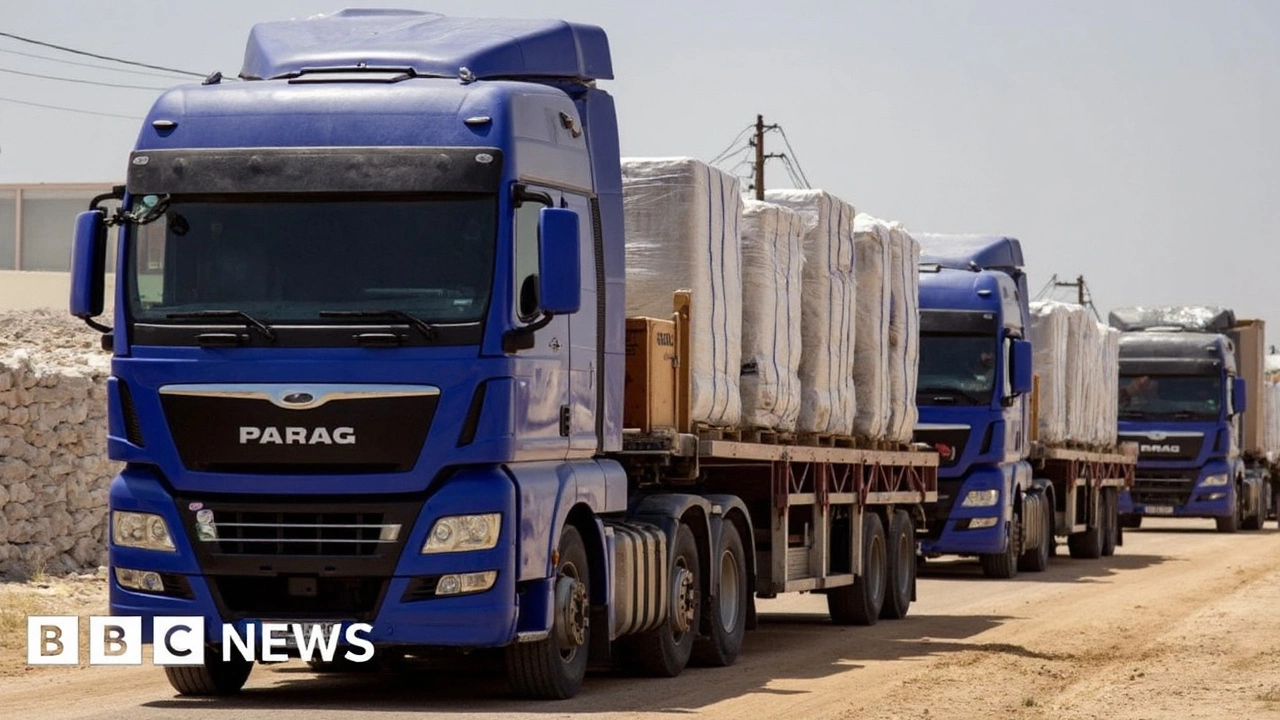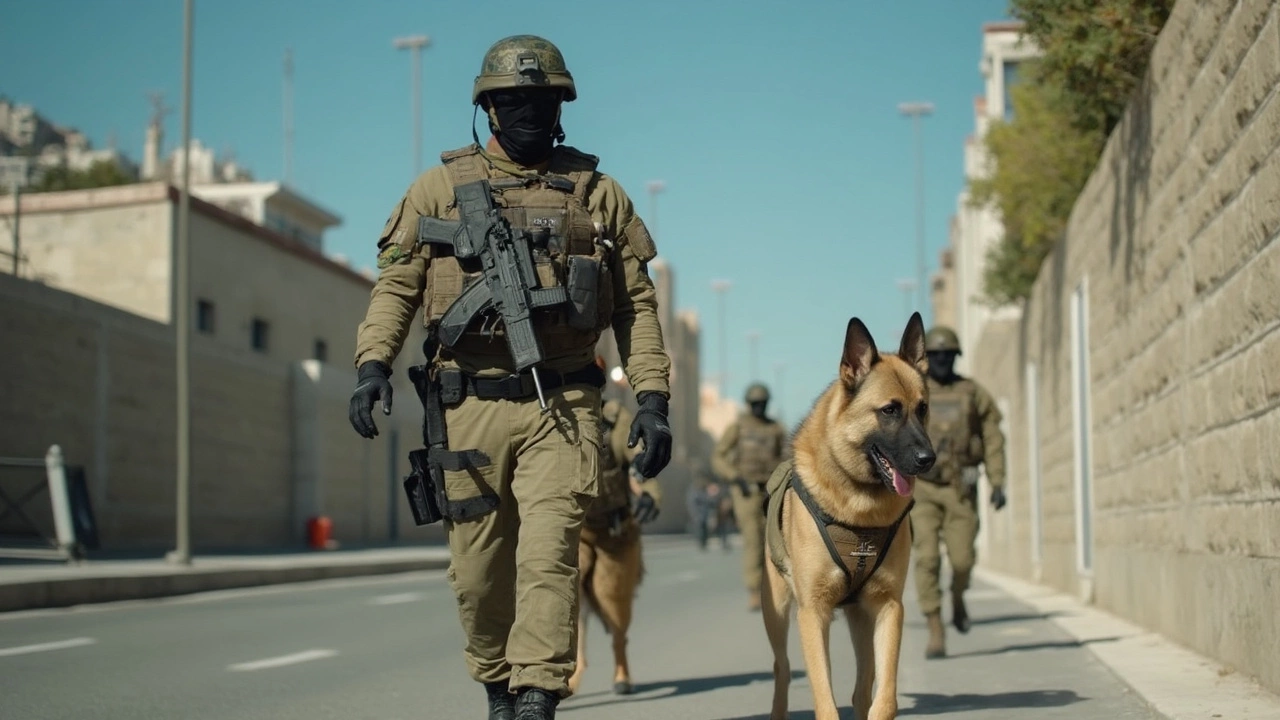European-Made Military Dogs Deployed in Israeli Operations
Few people realize that when talking about weapons in conflicts, a trained German shepherd or Belgian Malinois can be as terrifying as any gun. That’s the reality unfolding after reports confirmed that military dogs from Dutch and other European breeders are being sent to Israel and used in ways that have left Palestinians with scars both physical and psychological.
The Dutch company Four Winds K9 is at the center of this debate. Official veterinary certificates obtained by journalists show that this company alone has shipped at least 100 police- and military-trained dogs to Israel between October 2023 and February 2025. These aren’t your average household pets—these are highly trained animals, ready to obey commands in high-pressure situations. And according to testimonies from Palestinian human rights organizations such as Al-Haq and Al Mezan, these dogs are being used not just to guard or chase suspects but in direct assaults on Palestinian civilians.
Stories from the ground are unsettling. Families speak of dogs let loose in crowded neighbourhoods, of children and the elderly knocked down or bitten, of medical staff attacked on their way to help injured people. For those on the receiving end, it’s more than fear; it’s trauma that lingers long after the barking fades. Human rights advocates point out that this isn’t an isolated event, but a repeated pattern, with each documented case building a picture of systematic intimidation and sometimes deadly force.

Legal Shield and Growing Demands for Accountability
It’s not just the brutal images of dog attacks that fuel outrage. Leaked documents show that Four Winds K9 has been exporting animals to Israel for decades. The company isn’t working in the shadows—they’ve enjoyed legal cover from both Dutch authorities and the Israeli government. Dutch corporate confidentiality laws mean the number of dogs shipped, their breeds, and even exact buyers are kept quiet. No one in the public can trace the path of a pup from a training pen in Europe straight to a military checkpoint in the West Bank.
While the Netherlands stands out, the trail doesn’t end there. Evidence hints that other EU countries might also export trained dogs or provide support for military and police operations in Israel, but the opacity of laws on commercial ‘trade secrets’ keeps specifics out of view. That silence, critics say, is part of the problem. Both EU politicians and grassroots organizations are now being pressed to look deeper and not just shrug off responsibility with bureaucratic answers.
For Palestinian rights defenders, the message is clear: shipping dogs for use in violent crowd control is no different from supplying tear gas or rubber-coated bullets. The call for action is getting louder, with demands not just to ban further exports but to launch official investigations into the companies and governments enabling this type of warfare. Simply put, campaigners want answers—and they want the shipments to stop.
This clash of commerce, security, and human rights puts Europe in a tough spot. Is it just business as usual, or is there a duty to weigh profit against pain in places far from Amsterdam but close enough to care?
